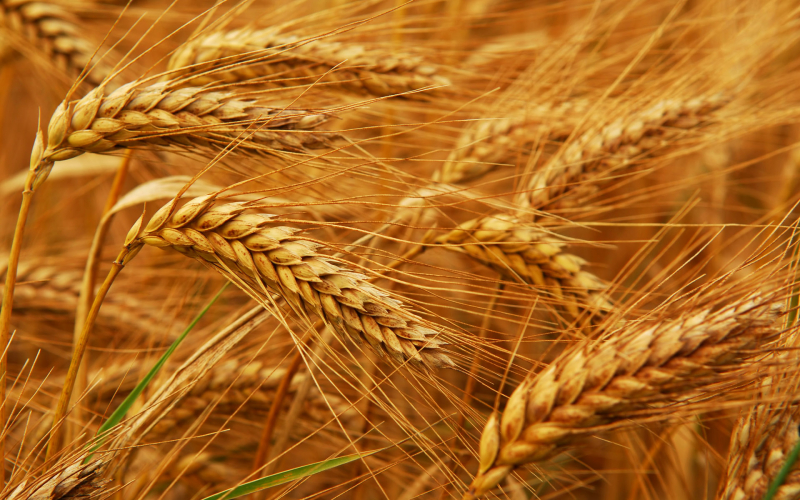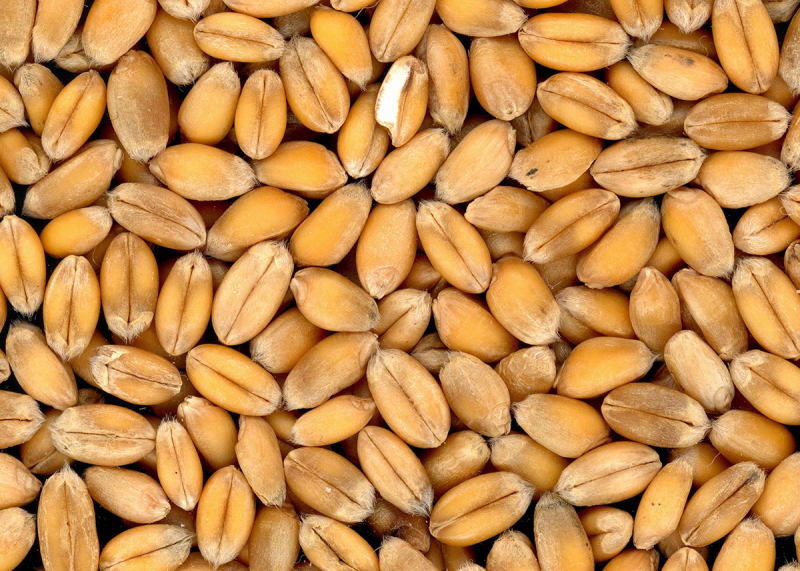Wheat
One of the most extensively grown crops in the world is wheat. Up to 1% of children and adults have an allergy to it, making it one of the most prevalent food allergens. The proteins contained in wheat, such as albumin, gliadin, globulin, and gluten, are what cause wheat allergies. Itching, intestinal discomfort, and respiratory disorders might result from this.
According to several studies, those with underlying illnesses like asthma, eczema, or seasonal allergies are more likely to develop wheat allergies. All wheat-containing foods, such as bread, flour, pasta, crackers, couscous, bulgur, farro, and farina, must be avoided by people who have a wheat allergy. Reading food labels carefully is particularly vital because wheat can occasionally be discovered in items like salad dressings, sauces, soups, and processed meats.










